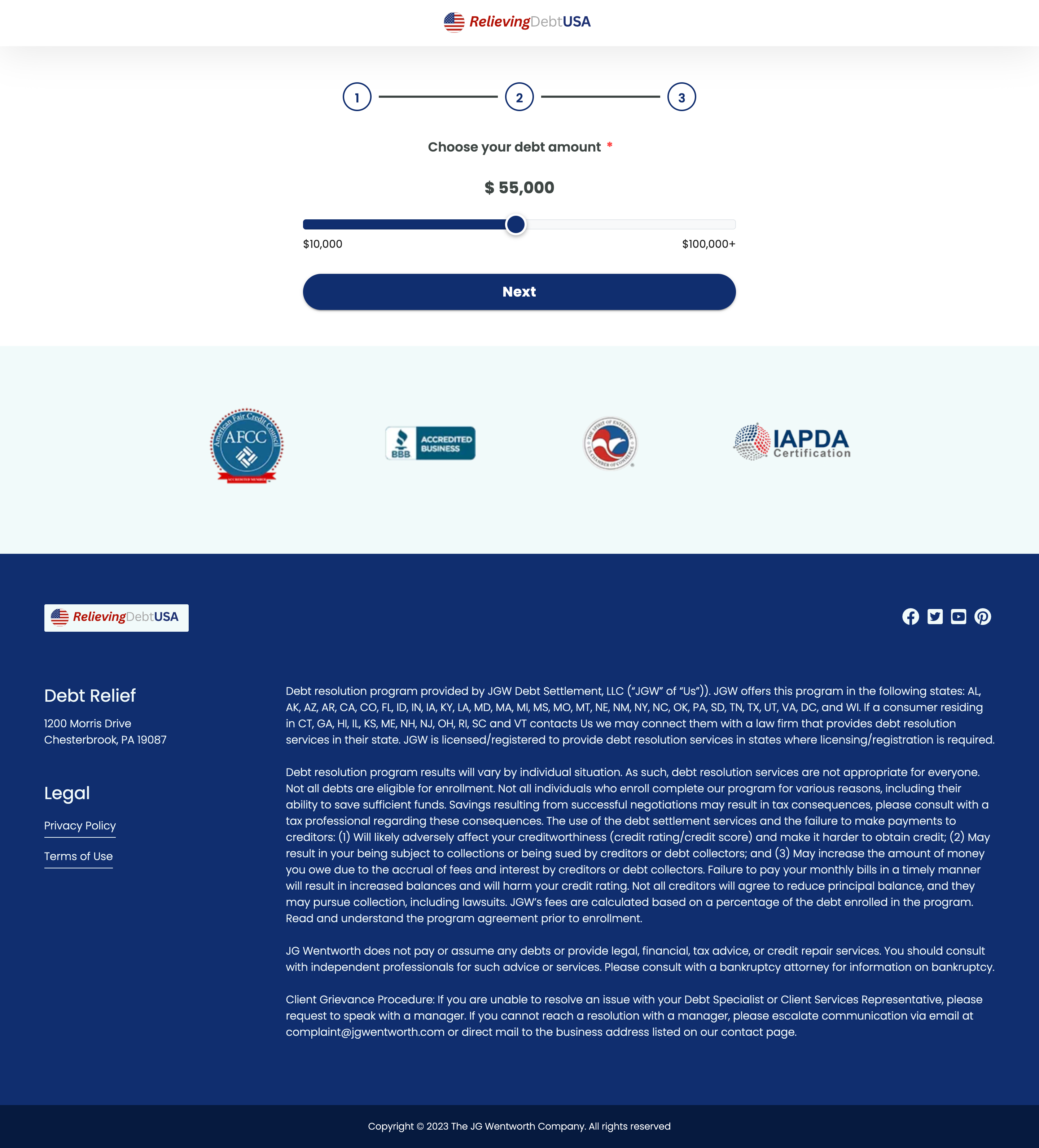Why Scraping Competitor Landing Pages Helps Improve SEO Strategy
Introduction
In the ever-evolving world of digital marketing, understanding and surpassing your competitors is crucial to staying ahead. One effective method to gain insight into competitors’ online strategies is to scrape their landing pages. By examining the structure, content, and design of competitors’ landing pages, businesses can enhance their SEO strategy. This article delves into why scraping competitor landing pages is beneficial and how it can lead to an improved SEO approach.
Understanding Competitor Landing Pages
Landing pages are pivotal in digital marketing campaigns, as they are designed with a single focus or goal—a conversion. Scraping these pages offers insights into competitor tactics, including keyword usage, call-to-action placement, and user engagement strategies. By examining these elements, businesses can derive strategies to apply to their own campaigns.
Benefits of Scraping Landing Pages
There are numerous advantages to scraping competitor landing pages. Notably, it provides a comprehensive view of your industry’s landscape, revealing innovative strategies and areas of improvement for your own site. Here are some of the key benefits:
- Access to competitive analysis data.
- Ability to outperform competitors by improving your own landing pages.
- Opportunities to discover unused or niche keywords.
- Insights into effective design and layout trends.
Optimizing Your Content Strategy
Scraping competitor landing pages can significantly enhance your content strategy. By understanding which keywords and topics your competitors rank for, and how they are structuring their content, you can create a more robust content marketing plan. This information can help you identify content gaps and opportunities for differentiation.
Improving On-Page SEO
On-page SEO involves optimizing individual pages to rank higher and drive relevant traffic in search engines. By analyzing competitor landing pages, you can gain insight into the keyword density, meta tags, headers, and other on-page elements they utilize. This information is invaluable when tweaking your website to improve its visibility and relevance.
Enhancing User Experience
Scraping competitor landing pages can also provide insights into user experience (UX) elements that encourage conversions. By examining how competitors’ pages guide users toward specific actions, like signing up for a newsletter or purchasing a product, you can apply these findings to improve the UX of your own landing pages.
Analyzing Competitor Strategies
Thoroughly analyzing your competitors’ landing pages allows you to uncover their digital strategies. This includes understanding their unique selling propositions, promotional techniques, and audience engagement tactics. These insights are crucial in sculpting your own marketing approaches and maintaining a competitive edge.
Tools for Scraping Landing Pages
To effectively scrape landing pages, businesses require proficient tools. One such tool is the Landing Page Ripper Chrome extension, which aids in capturing landing page content quickly and efficiently. It allows you to download landing page HTML, save landing page assets, and export them for offline analysis.
Ethical Considerations
While scraping can be beneficial, it is essential to respect ethical boundaries. Make sure to comply with any legal regulations and respect websites’ terms of service. Aim to use insights ethically to enhance your strategies and not infringe on competitor rights.
Conclusion
In conclusion, scraping competitor landing pages is a powerful tactic for improving your SEO strategy. By understanding competitors’ approaches and implementing informed strategies on your own website, you can optimize for search engines while simultaneously enhancing user experience. Utilizing tools like a landing page ripper tool can streamline this process, providing actionable insights to boost your digital marketing campaigns.









